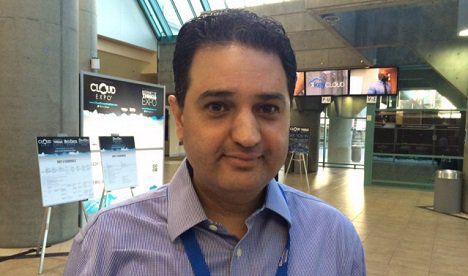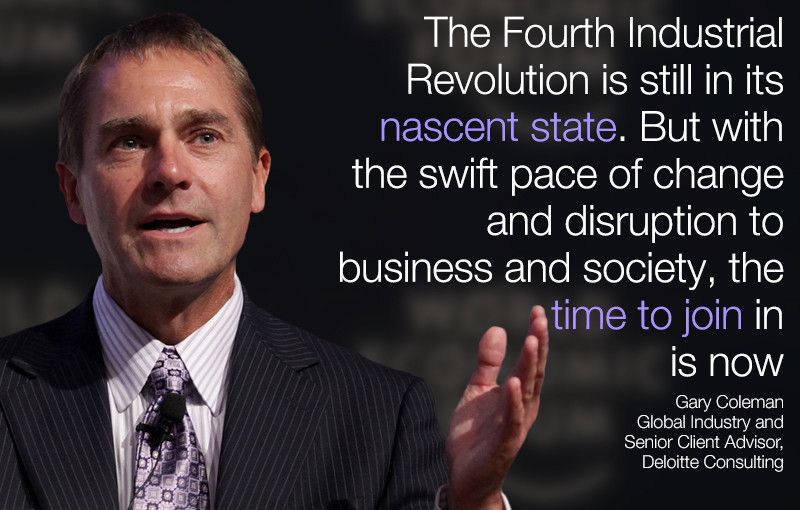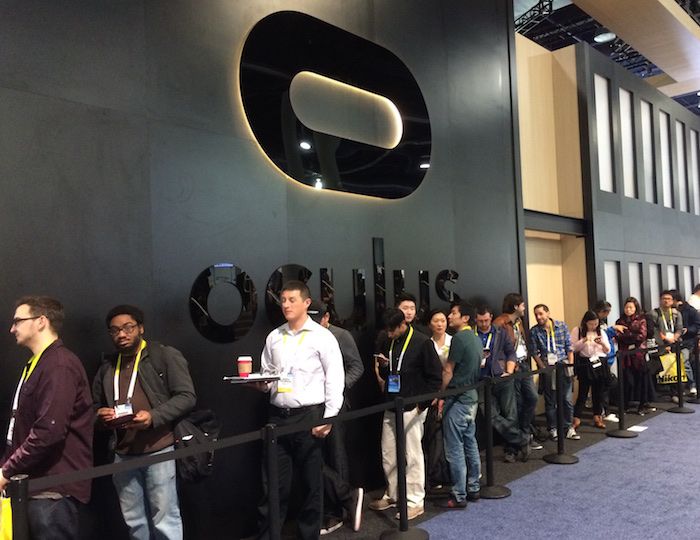Excellent news; Intellia to continue their focus of leveraging the CRISPR/Cas9 across a variety of immune cells, such as natural killer cells and T-cells. From my own experiences with T-cells and other blood disorders; this is a big deal and one that I personally excited to see what potential cures and improvements come about.
CAMBRIDGE, Mass.–(BUSINESS WIRE)–Intellia Therapeutics, a leading gene-editing company, has launched a new division, eXtellia Therapeutics, with the intent of focusing resources and research on ex vivo applications of the novel technology, CRISPR/Cas9. As in vivo and ex vivo programs require different competencies in research, manufacturing and commercialization, eXtellia Therapeutics is being launched to accelerate Intellia’s efforts in areas of significant unmet medical need – immuno-oncology, autoimmune and inflammatory diseases – using an ex vivo approach. Intellia will continue its in vivo programs and strategy through a dedicated scientific team.
“We are excited to announce the establishment of eXtellia, increasing our footprint in ex vivo gene editing for oncology and autoimmune diseases,” said Nessan Bermingham, Ph.D., Chief Executive Officer and Founder, Intellia Therapeutics. “eXtellia enables us to bring together the required capabilities needed to take the CRISPR/Cas9 technology beyond Intellia’s emerging in vivo, HSC and CAR-T efforts. We believe eXtellia further positions us to maximize the CRISPR/ Cas9 opportunity to address severe unmet medical needs for patients.”
Read more








